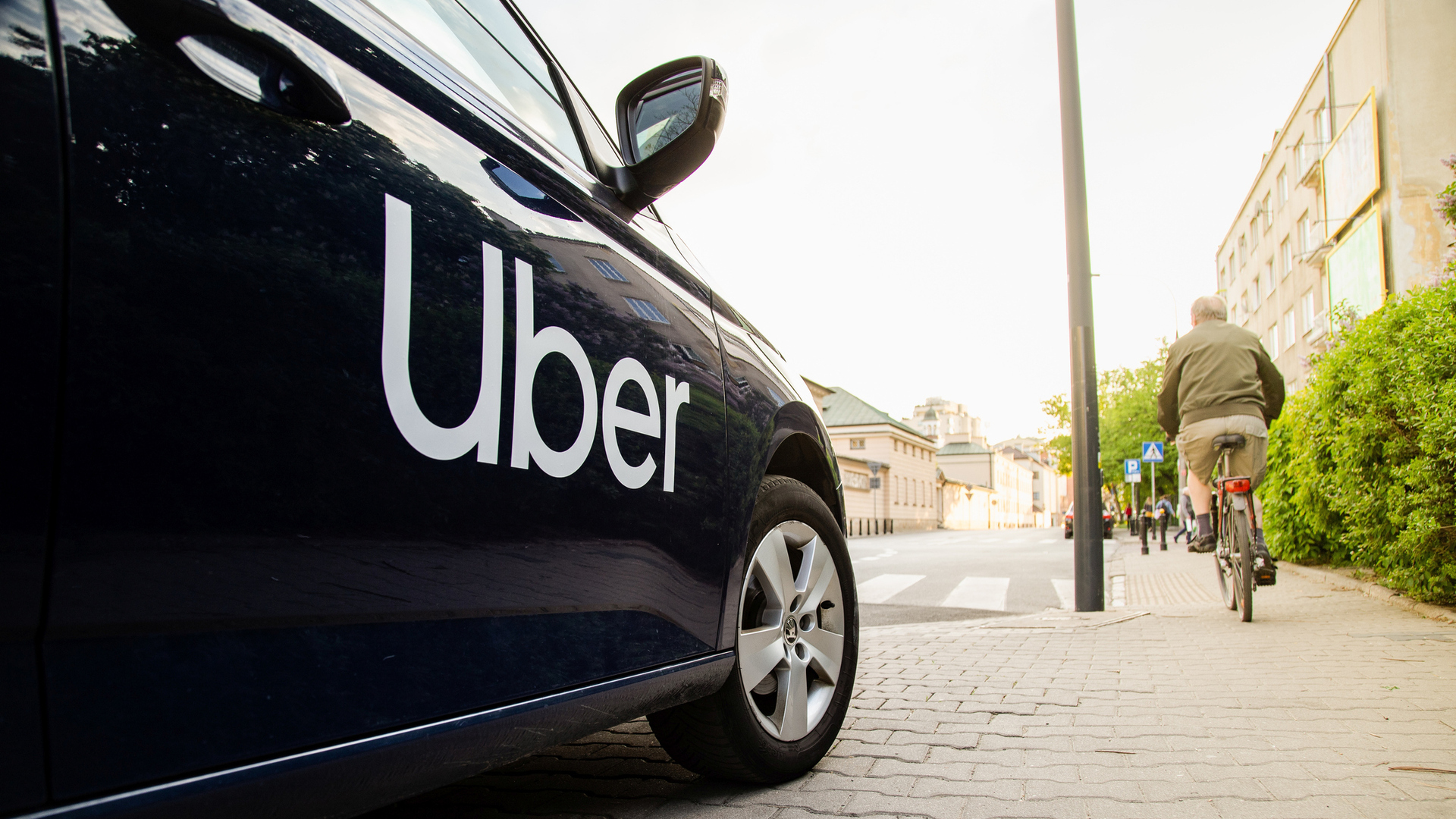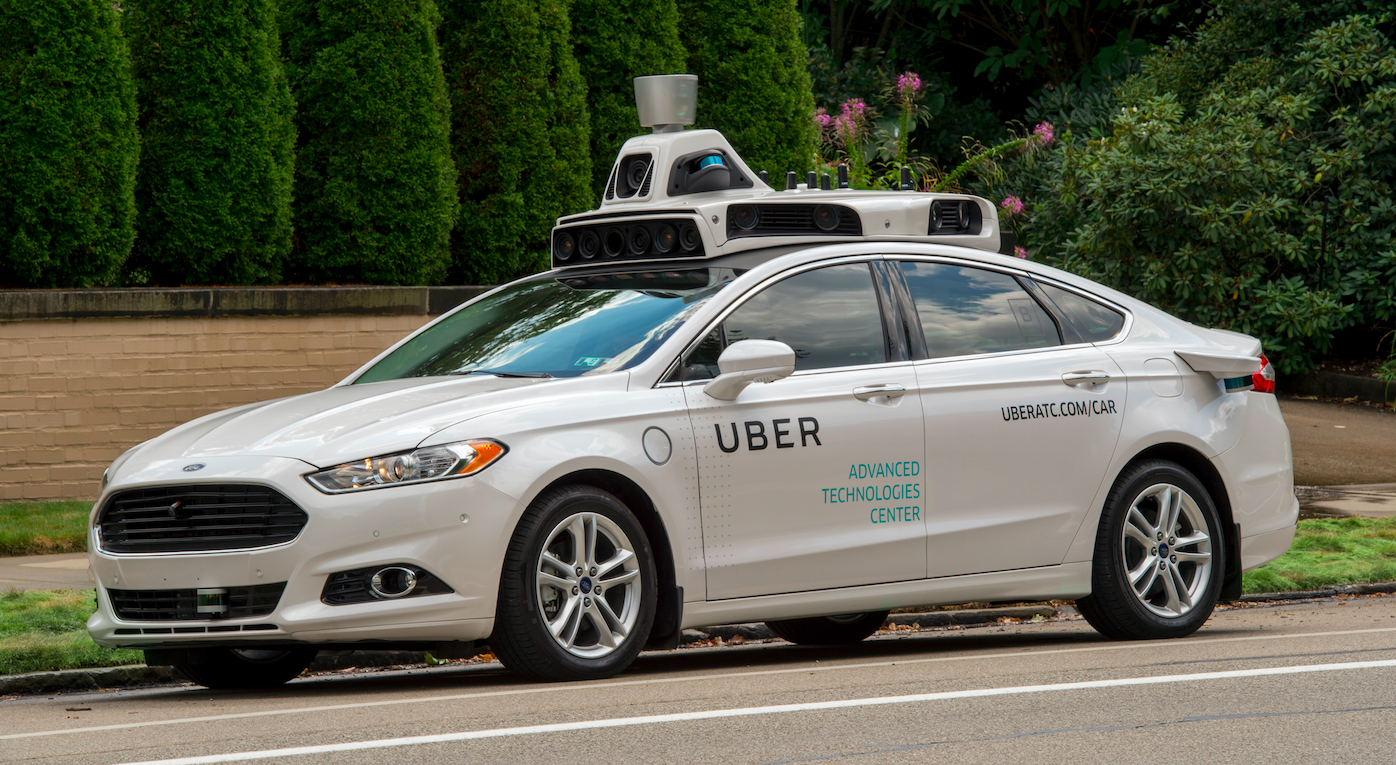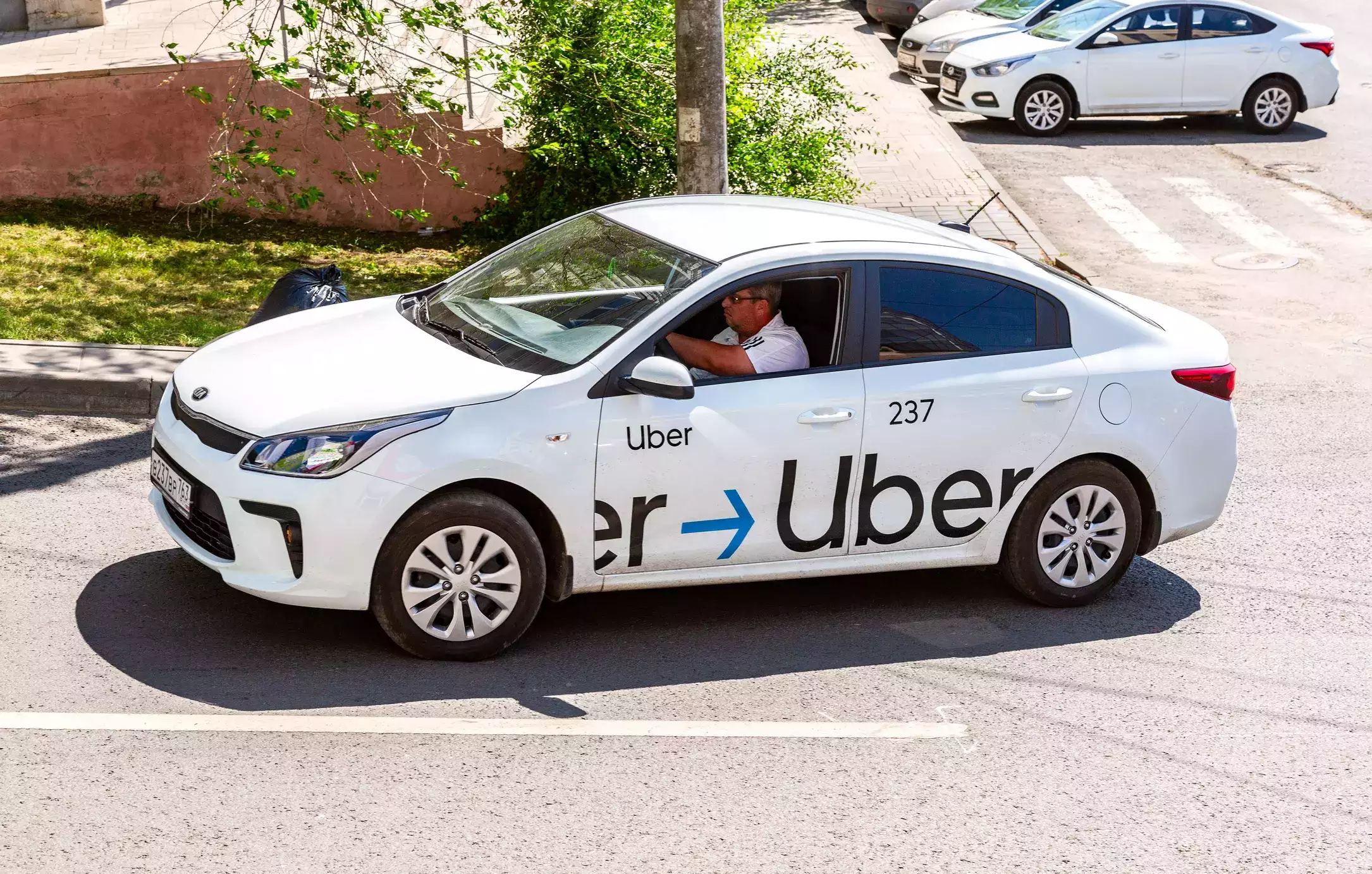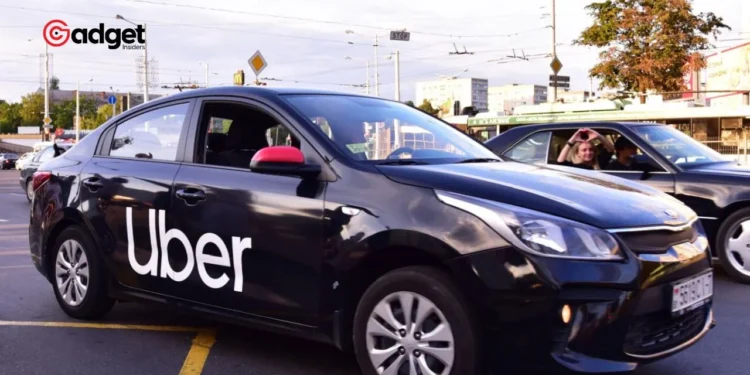In a significant legal development, Uber faced a major setback as a federal appeals court in California delivered a ruling that could reshape the landscape of gig work in the state. This decision is a pivotal moment not just for Uber but for the entire gig economy, which includes companies like Lyft and Postmates. The court’s ruling directly challenges Uber’s business model of treating drivers as independent contractors rather than employees.
Background of the Controversy

California’s AB5 law, passed in 2019, has been at the center of this legal storm. Designed to grant gig workers employment status, complete with minimum wage guarantees and workplace protections, AB5 aimed to address the growing concerns around the “misclassification” of workers. Companies like Uber and Lyft, which rely heavily on the independent contractor model to minimize costs, have vehemently opposed this law. Circuit Judge Jacqueline Nguyen noted the legislation targeted companies seen as “the most significant perpetrators of the problem.”
The Legal Journey and Current Developments
The law was initially struck down by an appeals court but was subsequently reinstated by an 11-judge panel of the 9th Circuit of Appeals. This panel decisively reversed the earlier decision, asserting that the law does not unfairly single out transportation gig workers but rather applies a new standard across the board for independent contractors.
Judge and Uber Respond to Gig Work Ruling

Judge Jacqueline Nguyen emphasized the legislature’s perception of delivery and transportation companies as major players in worker misclassification, suggesting a tailored approach to solving this widespread issue. Meanwhile, an Uber spokesperson highlighted to The Hill that while the decision is unfavorable, it does not directly alter Uber’s relationship with its drivers, thanks to California’s Prop 22. This measure, passed in 2020, allows companies to continue treating their gig workers as contractors, though it, too, faces legal challenges.
Broader Implications and Future Outlook

The ripple effects of this ruling are substantial, influencing not only California but potentially setting precedents for other states considering similar legislation. Massachusetts is already seeing similar legal battles, indicating a growing national discourse on the rights of gig workers.
The ongoing challenges to Prop 22 and similar measures indicate a turbulent path ahead for companies like Uber. These companies must navigate an increasingly complex regulatory environment while balancing profitability with legal compliance. As this legal saga continues, the gig economy stands at a crossroad, with its future hanging in the balance amid these transformative legal interpretations.










